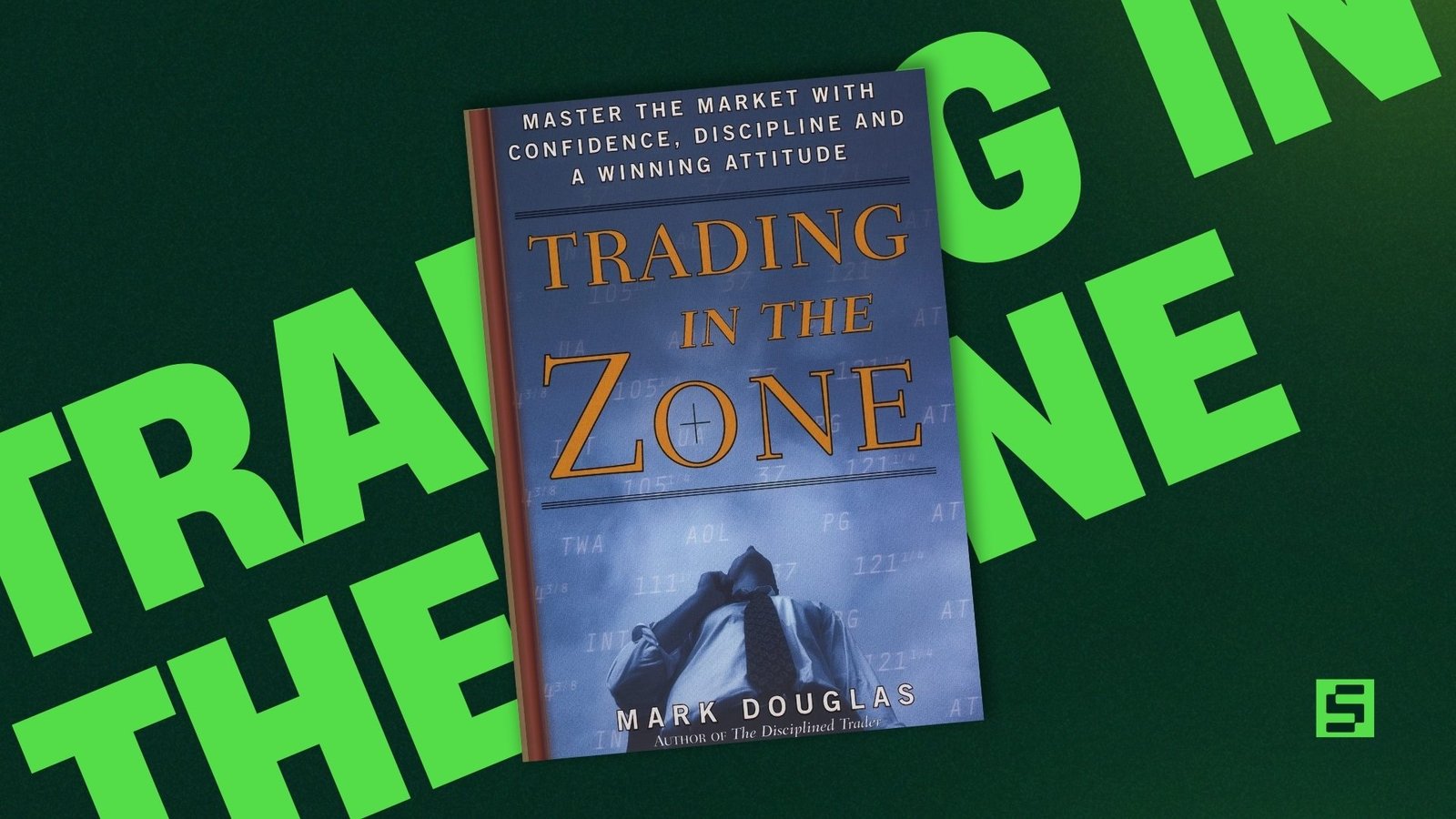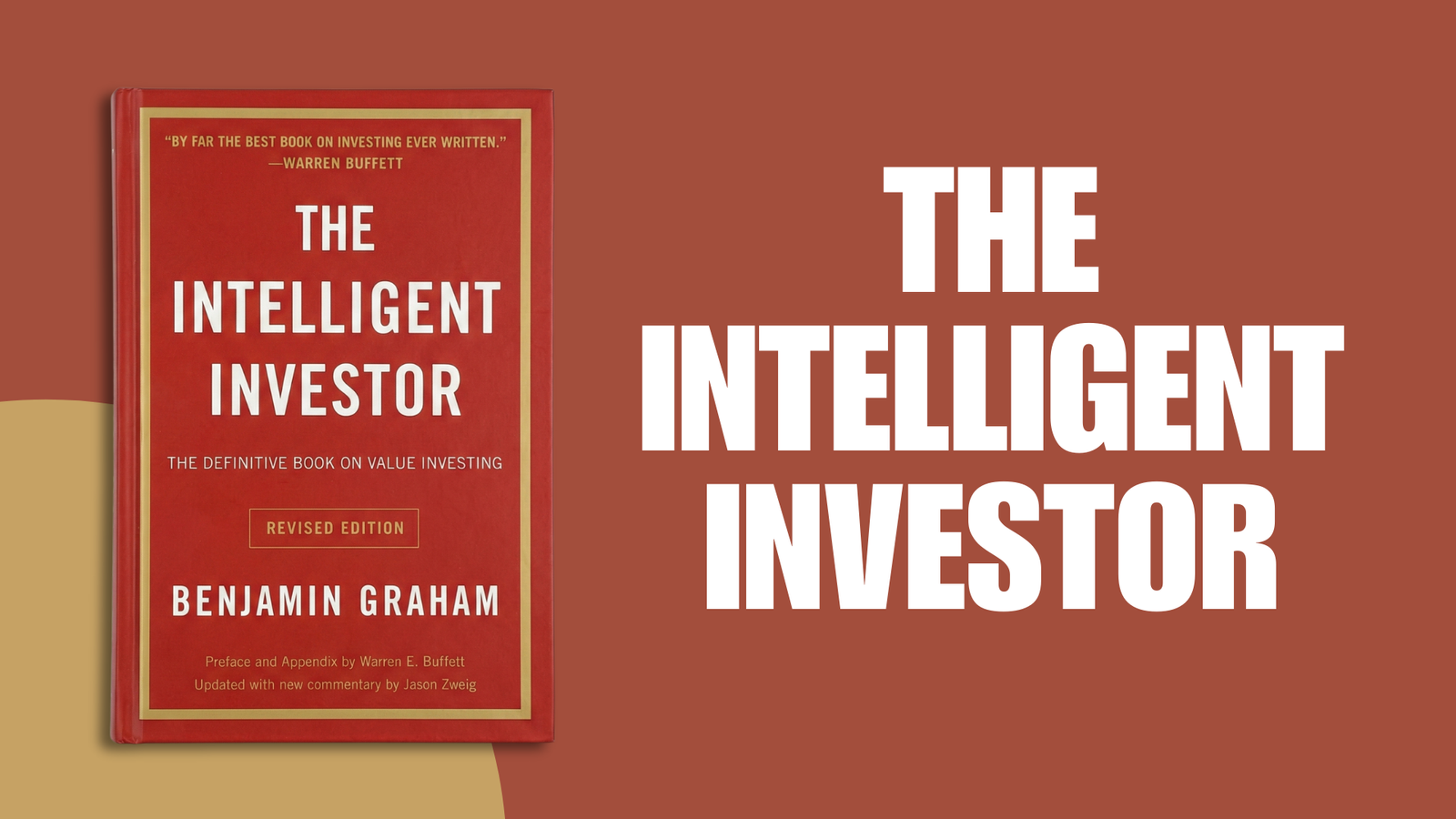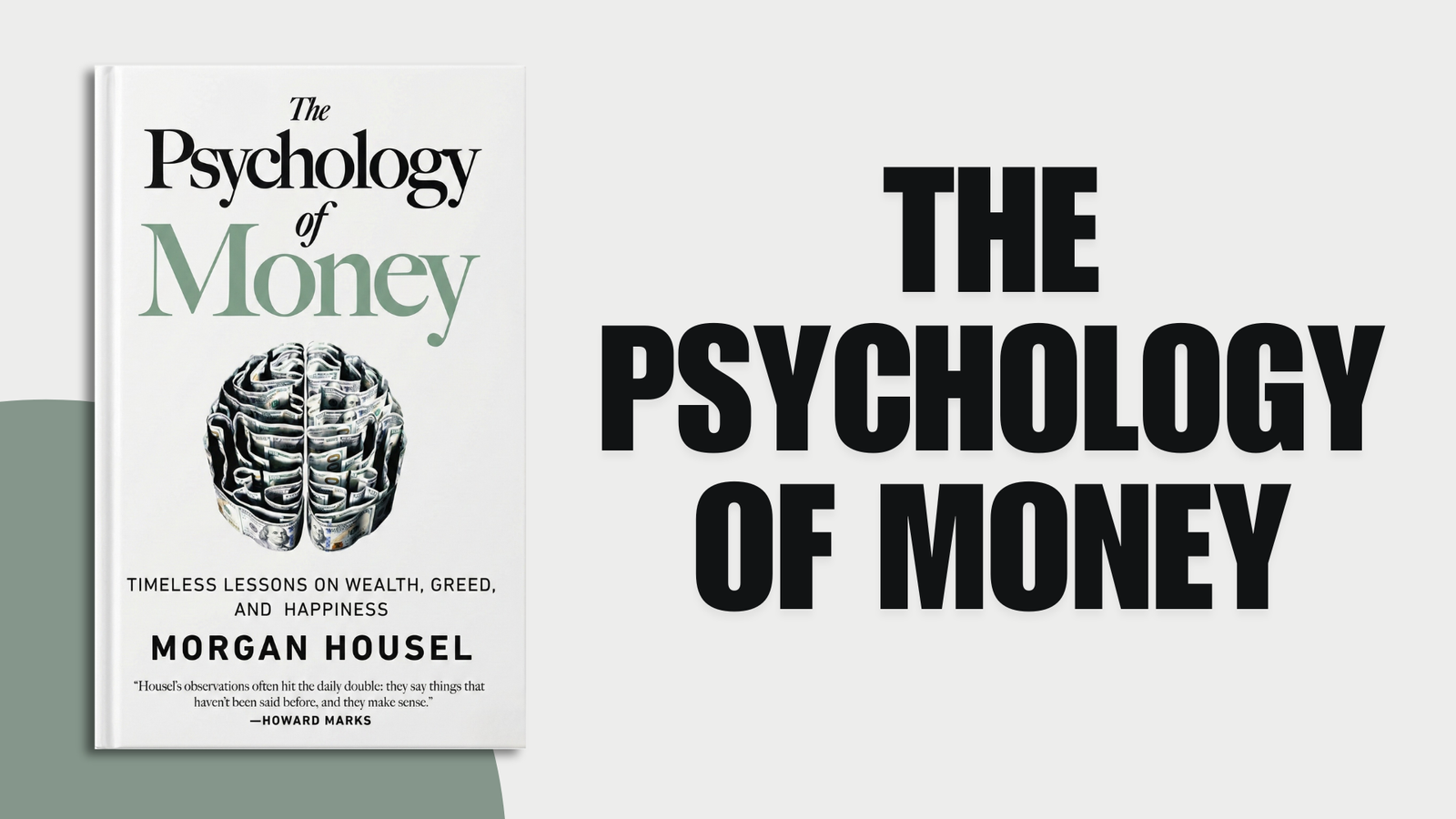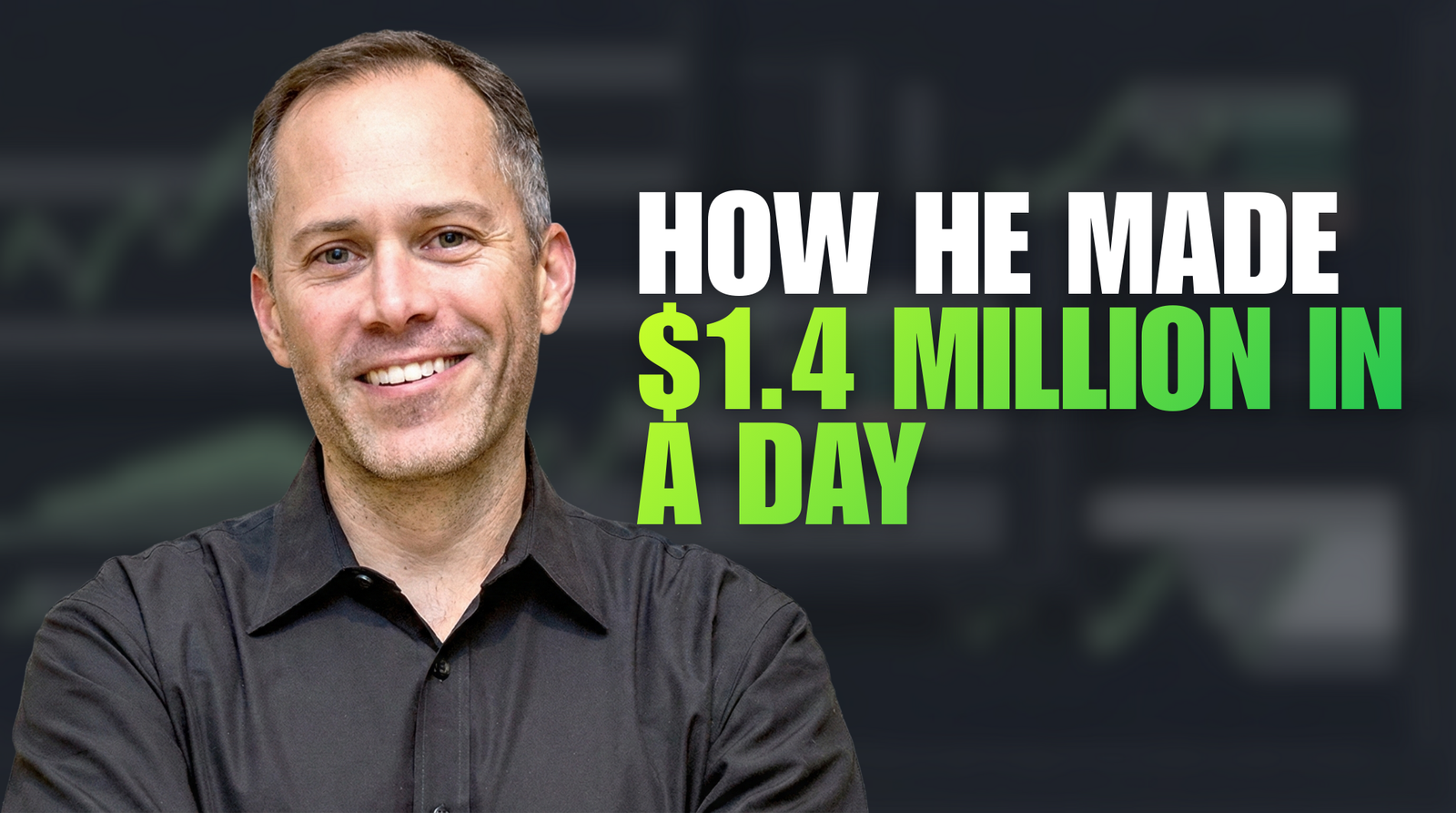What separates winning traders from those who struggle? It is not a better strategy or more screen time. It is a mindset. In Trading in the Zone, Mark Douglas breaks down the mental barriers that hold traders back and shows how to think like a professional.
He lays out the mindset shifts needed to trade with clarity and discipline, making decisions without hesitation or emotional baggage. The traders who succeed are not the ones who know the most. They are the ones who think the right way.
These lessons will change everything if you want to trade without fear and hesitation.
What does it mean to trade in the zone?
Trading in the zone means making decisions effortlessly, staying in control, and focusing only on the present. It feels like an athlete performing at their best, where fear and doubt fade, replaced by confidence and clarity.
Reaching this state requires accepting uncertainty, thinking in probabilities, and defining risk before every trade.
Traders who trust their edge and stay emotionally neutral avoid stress and hesitation. When the focus shifts from outcomes to execution, trading becomes smoother. Success follows naturally, driven by discipline and the right mindset.
Key lessons from trading in the zone
To trade in the zone, you must master several psychological principles discussed in this book. These truths remove the illusions of control, prediction, and certainty that cause traders to hesitate, overreact, or second-guess their strategy.
Let’s explore each of these in detail.
1. Fear management
Ever hesitated to take a trade or closed one too soon? That is fear controlling you. The market does not create fear. You do. It comes from past losses, uncertainty, and the need to be right.
The more you fear losing, the more mistakes you make. You tighten stops, second-guess trades, and sabotage yourself. The market is unpredictable, but your edge is what matters.
Here’s the truth. You do not need certainty to win. You need confidence in your system. Losses will happen, but fear loses power if you accept them as part of the game. That is when real trading freedom begins.
2. Uncertainty acceptance
You can do everything right, wait for the perfect setup, follow your strategy, manage your risk, and the market can still go against you. A random news event, a big player unloading their position, or a sudden sentiment shift can instantly flip the trade. That is just how the market works.
Many traders struggle with this truth because they want certainty. They think if they analyze enough, watch enough indicators, or wait long enough, they can guarantee the outcome. But no amount of preparation will ever change the fact that the market has a mind of its own.
The sooner you accept this, the less emotional trading becomes. You stop taking losses personally, you stop hesitating because you fear being wrong, and you start focusing on what matters. Executing your trades without attachment to the result.
3. Mental state
The market does not reward skill alone. It rewards the trader with the right mindset. If you trade with fear, greed, or hesitation, even the best strategy will fail. A clear and focused mind is just as important as technical knowledge.
Most traders lose because they react emotionally. They chase after missed moves, panic over small losses, or hesitate when they should act. Instead of following a plan, they let emotions dictate their trades, which leads to inconsistency.
Your mental state is your edge. When you trade with discipline and emotional control, you stop fighting the market. Instead, you flow with it.
4. Probability thinking
Every trade is just one event in a larger series. No single outcome matters as much as the bigger picture. Nothing is ever guaranteed in trading. Instead of expecting certainty, start thinking in terms of probabilities.
Ask yourself, “What’s the chance that this trade will go my way?” By seeing trades as a game of probabilities, you’ll be less likely to become emotionally attached to the outcome.
Remember, even the best traders sometimes lose, but they understand that their strategies will pay off over time if the probabilities are in their favor.
5. Stay in the now moment
If making money depended on knowing the future, no trader would last. You will never know for sure if the next trade will win or lose. That is not what makes a trader profitable. What matters is having a system that, over many trades, gives you an edge.
Casinos do not know if the next spin of the roulette wheel will land on red or black, but they still make money because the odds are in their favor over time.
Trading becomes much easier once you stop trying to be right every time. You focus on taking high-quality setups instead of chasing certainty. You stop overanalyzing and start executing.
A good trade is not about what happened before. It is about what is happening now. When you stay present, you see opportunities clearly without bias. You stop forcing trades based on past patterns and start reacting to real-time information.
Anything can happen in the market. The sooner you accept that the easier trading becomes.
6. Avoid self-sabotage
Many traders fail because of internal conflicts. Some fear success, while others feel guilty about making money too easily. These hidden beliefs lead to reckless decisions and missed opportunities.
To break free, rewire how you see yourself. Stop viewing trading as a struggle. See yourself as a consistent winner.
Pay attention to your thoughts. If you catch yourself hesitating or chasing losses, step back. Most bad trades start in your mind before they ever hit the screen.
7. Edge trust
Your “edge” is your unique strategy or method for trading. It gives you a better chance of success than random guessing.
A single trade means nothing. What matters is executing your edge consistently. After a few losses, many traders lose because they doubt their system, constantly switching strategies. This cycle keeps them from ever seeing real results.
If you have tested your strategy and it works over time, stick with it. Trusting your edge removes hesitation and emotional trading, letting you trade with confidence.
8. Consistency threshold
Consistency brings success no matter your profession, and trading is no exception. Many traders fail because they constantly switch strategies, searching for the perfect setup, leading to frustration.
Real progress comes from following the same approach every time—taking planned trades, managing risk the right way, and keeping emotions in check. The more you refine and repeat your process, the more stable your results become.
9. Risk taking and risk avoidance
Trading is all about risk. Take too little, and you miss opportunities. Take too much, and your account won’t survive. The key is finding balance.
Some traders avoid risk because they fear losing. They hesitate, wait for the perfect setup, or exit too soon. Others take reckless risks, chasing big wins while ignoring the damage a single bad trade can do. If your focus is only on avoiding losses, you may end up making decisions that hurt you in the long run.
The goal is not to fear risk or run toward it mindlessly. It is to control it. Every trade should have a defined risk with a clear reward. When you manage risk wisely, you give yourself the chance to succeed over time.
10. Fear of loss
Losses are part of trading, yet many traders freeze when it is time to pull the trigger. They hesitate, overanalyze, or avoid trades altogether because the thought of losing feels too painful. But playing it safe does not protect you. It only keeps you stuck.
Fear of loss makes traders cut winners too soon, skip good setups, or exit trades when they see red. The irony is that avoiding losses often leads to more mistakes. The only way forward is to accept that losses will happen.
Your job is not to avoid them. It is to manage them, keep them small, and trust that your edge will do the work over time.
11. Risk acceptance
Fear of loss fades when you stop resisting risk and start accepting it. Losses are not setbacks. They are the price of staying in the game. The moment you try to avoid them completely, you stop trading effectively.
The best traders do not fight risk. They plan for it. They know exactly how much they are willing to lose before entering a trade and stick to it without hesitation.
When you fully accept risk and respect it just as much as profit, fear loses its grip, and confidence takes place.
Related: Reality of Trading: The Brutal Truth About Success
Summing up
That’s it. No secret formula, no magic strategy. Just you, the market, and how you choose to respond. Mark Douglas makes one thing clear: trading is not a game of predictions. It is a game of self-control.
Fear, hesitation, and emotional swings come from chasing certainty in a place where it does not exist. The market will always be unpredictable, but that does not mean you have to be. Accept risk, trust your edge, and think in probabilities.
When you stop trying to control every outcome and start flowing with the market, trading stops being a struggle. It becomes second nature. That is what it means to trade in the zone.




